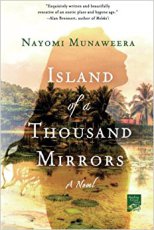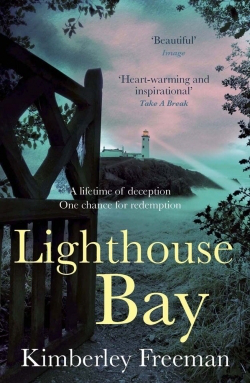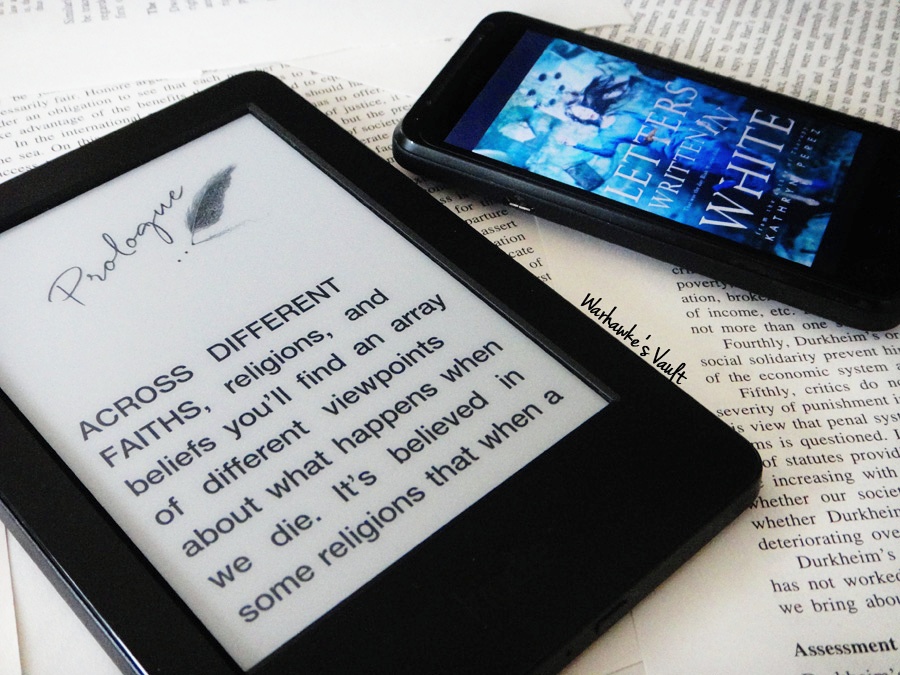TITLE: Island of a Thousand Mirrors
AUTHOR: Nayomi Munaweera
GENRES: Fiction, history
PUBLISHER: St. Martin’s Griffin
PAGES: 288
MY RATING: 4.5/5
SYNOPSIS
“Before violence tore apart the tapestry of Sri Lanka and turned its pristine beaches red, there were two families; two young women, ripe for love with hopes for the future; and a chance encounter that leads to the terrible heritage they must reckon with for years to come. One tragic moment that defines the fate of these women and their families will haunt their choices for decades to come. In the end, love and longing promise only an uneasy peace.
A sweeping saga with the intimacy of a memoir that brings to mind epic fiction like The Kite Runner and The God of Small Things, Nayomi Munaweera’s Island of a Thousand Mirrors strikes mercilessly at the heart of war. It offers an unparalleled portrait of a beautiful land during its most difficult moments.”
MY SUMMARY
Set mostly in Sri Lanka, the story starts with the departure of the British in 1948 and works its way to its main focus, the civil war that had the country in its grip for 26 long years. It is narrated alternately by Yashodhara and Saraswati, the two eldest daughters of a Sinhalese and Tamil family respectively, though Saraswati’s part only comes up much later in the story.
We first learn of Yashodhara’s parents – their childhood, how they grew up and how they ended up getting married. This is interspersed with the dynamics between Yashodhara’s mother’s family and the Tamil family that rents the second floor of their house. Yashodhara’s idyllic childhood and her days of carefree play with her younger sister La and Shiva, the boy from upstairs, come to a sudden end with the rise of racial tensions that culminates in the horrific riots of 1983 which leads Shiva’s family to flee for safety. Yashodhara’s family soon follows their example and migrate to the US.
We are then introduced to Saraswati and her family in war-torn Jaffna to the north of Sri Lanka, and we witness how they dwindle in number as one family member after another is lost to the fighting that consumes their land. Saraswati is a bright girl with tentative hopes for her future, but this is all destroyed in one brutal incident that will change her forever.
Meanwhile, not happy with her life, the now grown-up Yashodhara follows La back to Sri Lanka where they reconnect with their old friend Shiva, and the two storylines finally converge with a devastating event.
MY THOUGHTS
The Good:
The book is wonderfully written with its vivid descriptions of the scenery that make you feel like you’re seeing it with your own eyes and so many detailed descriptions of meals that my mouth was constantly watering as I read.
Described just as well are the brutal scenes of violence that truly bring out the horrors of war and conflict. And these are not purely fictional; they are all based on things that actually happened. One such incident is when one of the minor characters is mercilessly killed just for trying to defend one of the intended victims during the 1983 race riots. The devastation this wrecks upon the family of this character is heartbreaking, and the realisation that so many lives were needlessly lost and so many families were destroyed at the hands of a murderous mob is simply horrifying. Similarly shocking is the torture inflicted upon Saraswati that eventually leads to a drastic change in the course of her life. This novel raises questions about the futility of war and causes one to wonder what makes people believe one race is better or worse than another.
I feel the author has done a good job at telling an unbiased story, where neither side is portrayed as being in the right, with the atrocities committed by both parties being brought to light throughout the telling of the story.
I like the fact that after all the terrible things that happen, the book still ends with a sense of hope for the future.
The Bad:
I have nothing much to say here except that I wish Saraswati’s narrative had been introduced earlier on and more focus had been given to her background.
The Conclusion:
A highly recommended read, especially if you like books based on true events and also if you want to learn more about the Sri Lankan civil war. I will definitely be reading her other book soon and look forward to more in the future!
Click here to buy Island of a Thousand Mirrors from Book Depository.
Advertisements Share this:




